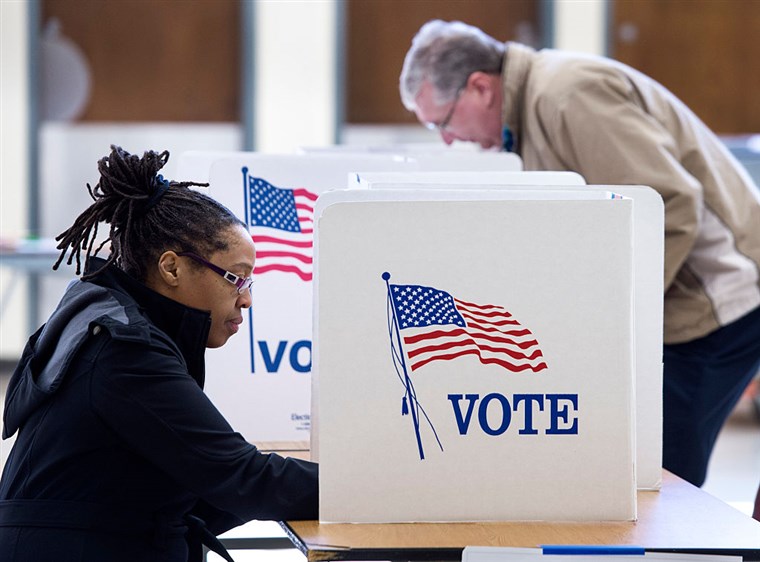BY: Valeria Rodriguez

PEJOURNAL – While there are conflicting positions in West Asia between Saudi Arabia, the United Arab Emirates, Iran and Qatar, there are likely to be some changes, but not substantive, in the United States’ relationship with West Asia.
The relationship with Israel is historic as it is considered a satellite state of the United States.
With Trump’s administration the relationship was practically carnal, the United States supported each of the violations of international law by Israel.
Some examples of this were the transfer of the American embassy from Tel Aviv to Jerusalem, the Deal of the Century and the construction of illegal colonies in the West Bank, even one of these colonies is named Donald Trump.
On the other hand, Trump had a provocative position regarding Palestine that, in addition to all the aforementioned abuses, also took the economic resources of the UN Human Rights Council, under the justification of the impartiality of the body.
With Biden’s victory, the relationship around Palestine will be somewhat different, as he maintained that he does not agree with the annexation of the West Bank and also said that he will restore the economic resources that Trump withdrew.
It must be remembered that administrations of the democratic party have a long history when it comes to the warmongering hidden in “diplomacy.”
It is possible that terrorist movements will reappear, considering that on the border between Iraq, Jordan and Syria there is an incipient appearance of them. But, diplomatic relations with the agencies from which Trump withdrew will also resume.
Saudi Arabia and United Arab Emirates
Four years ago, Bahrain and Saudi Arabia offered special support to the Democratic candidate Hillary Clinton and in return, Trump gave them severe warning after winning the elections, but Saudi and Bahraini officials gave huge financial concessions to the new administration to ensure their support. , of course kneeling before Trump.
During the four years of his rule, his relationship with the Arab rulers in the Persian Gulf was one of abuse. Of course, legitimized by the Arab leaders who benefited financially from them.
Saudi Arabia, Trump and Biden
After the arms and cooperation agreements, Saudi Arabia obtained strong support from Trump in relation to the bombings of Yemen, in addition to the cover-up of human rights violations such as the arrests of anti-war activists. Saudi monarchy.
We cannot forget the Kashoggi case, which was silenced by Trump despite the fact that the investigations showed the complicity of Prince Mohammad Bin Salman.
For its part, the United Arab Emirates functional to Trump negotiated the normalization of its relations with Israel and remain as a traitor to the Palestinian cause in exchange for the acquisition of the F35.
This caused enormous discontent within the Israeli government, since Benny Grantz does not agree with the sale of the plane as he maintains that the agreement between the United States and Israel that prohibits the sale of weapons to enemies is violated.
On the other hand, Biden in power is likely to pressure Saudi Arabia to end the bombings of Yemen, something that even divided the North American Congress and on the other hand to end the blockade of Qatar, at least that was what proposed in his campaign.
Regarding Khashoggi’s assassination, Biden is most likely complying with congressional legislation that requires declassification of the intelligence report that reveals the Crown Prince’s leading role in the assassination.
In this regard, Biden stated that he believes that Mohammad Bin Salman ordered the murder of Khashoggi.
However, revealing the truth of his role will create a challenge for the Biden Administration, which will have to find a solution to continue selling arms to Saudi Arabia and preserve the United States strategic alliance with a country led by a documented assassin, not it will be the first time for the United States.
Regarding Iran, the leader of the revolution, Ali Khamenei gave a live speech in the framework of the birth of the prophet Mohammad and maintained that whether or not the government of the United States changes, the policy towards the Persian country will remain the same.
Biden will probably end the policy of maximum pressure on Iran, which could give some air to the Persian economy and although he will seek to return to Obama’s policy, he can hardly rewrite something similar to the joint action agreement (nuclear agreement) of 2015 from which Trump got out.
In December, the Manama (Bahrain) dialogues will be held and it will be the outgoing president’s last attempt to press for the disarmament of West Asia as the issue of security in the region will be discussed